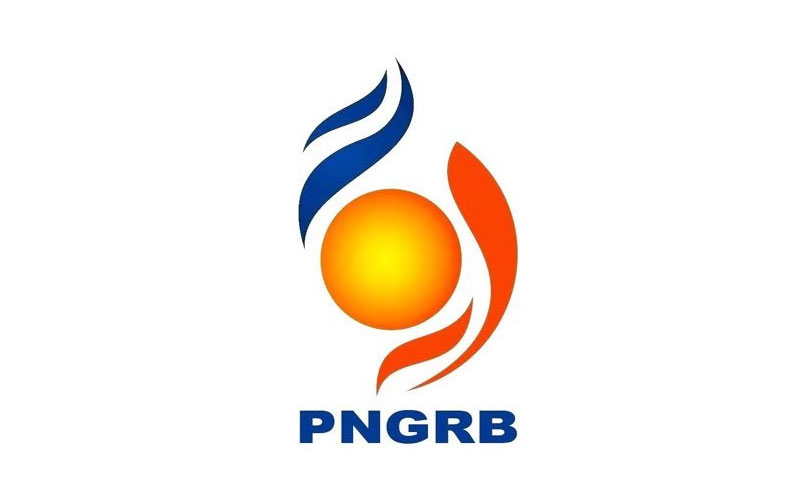The PM Ujjwala Yojana scheme will provide piped gas connections to 12.5 crore households in India by 2030, covering both rural and urban areas.
May 6, 2024

The ambitious PM Ujjwala Yojana, which was launched by the Central government in 2016 to provide clean cooking fuel to rural and underprivileged households through gas connections, has charted a success story by reaching 1.21 crore beneficiaries till March, 2024.
The government has now shifted its focus from gas connections to supplying piped natural gas to 12.5 crore households by 2030, covering both rural and urban areas.
As per the official data, around 10,000 km of gas pipeline had been laid by January, 2024. The figures showed a substantial improvement from 2014 when only around 25 lakh households had piped gas, primarily in urban areas.
The access to clean cooking gas has remained limited for the poor in India, leading to their reliance on harmful alternatives such as coal, wood and cow dung for cooking. LPG cylinders were previously predominantly accessible to urban and semi-urban areas among higher-income groups.
The advent of piped gas in the country has resulted in elimination of the need for handling, refilling and changing cylinders. The cost-effective and convenient alternative to harmful cooking fuels has also reduced transportation expenses and enhanced safety to a large extent. It has further ensured a consistent gas supply, eliminating concerns about running out of gas during odd hours.
Around 300 geographical areas covering nearly 98 percent of the population and 88 percent of the total geographical area, spanning around 630 districts in 28 states/UTs, including rural regions, have been authorised by the PNGRB till May 2023.
Also Read: Welspun Corp Bags INR 611 Crore Order in Latin America
The expansion of the city gas distribution network is done by authorised entities on the basis of targets outlined by the Petroleum and Natural Gas Regulatory Board (PNGRB) in the minimum work programme (MWP).
These authorised entities have been tasked with providing around 12.5 crore PNG connections by 2030, encompassing both rural and urban areas, as stipulated by the MWP targets. They would additionally cater to the demand for natural gas, supplying it to customers, including industrial and commercial sectors, based on demand and techno-commercial viability.










